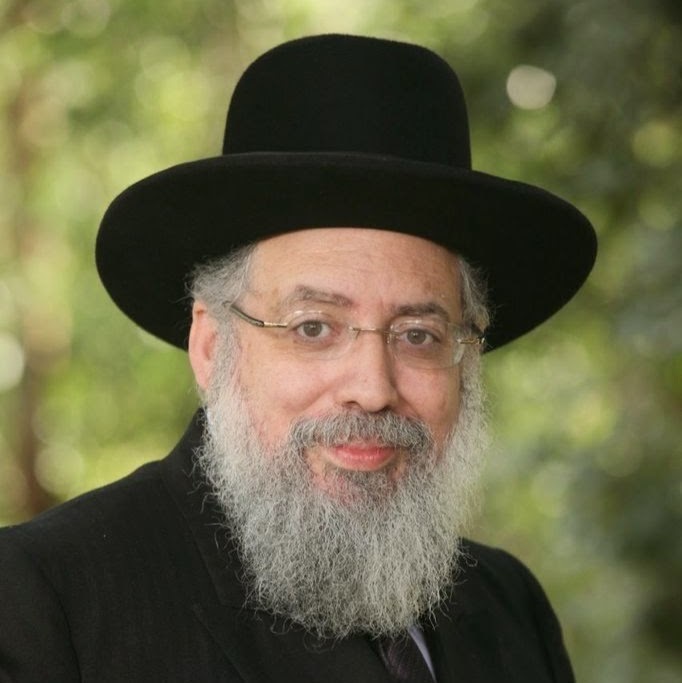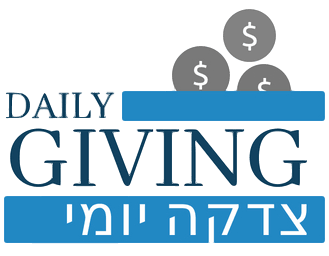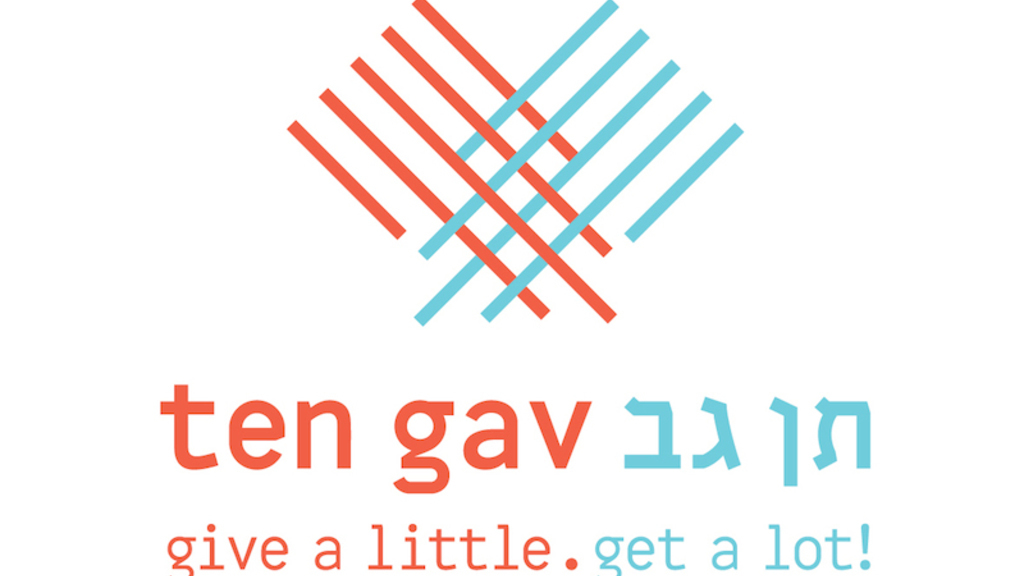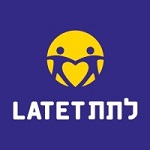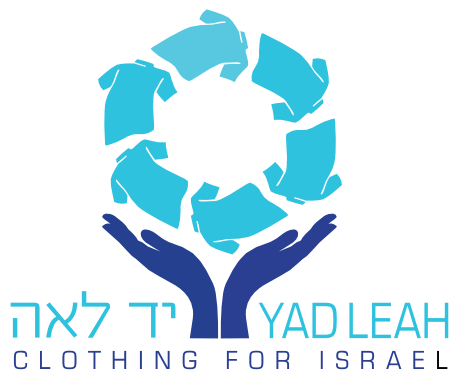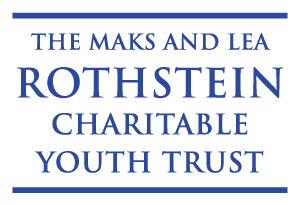Divrei Torah: A Project for Life
Israel and the world needs a revolution. The Jewish people are broken and split apart. We need to put them back together again.
These past few weeks we learn about the special holiness of the Kohanim. The primary rule for Kohanim is for them not to have any connection to the deceased. Outside of the immediate family, the Kohein does not attend or officiate funerals, does not join the Chevra kadishah and even stays away from the deathly ill so as not to be found in the same area as a deceased person. Although, now that we have lost the Beis HaMikdosh, most of the rules for the Kohein no longer apply, this Halachah is still strictly enforced.
The fact that the Kohen is forbidden to join a funeral is counter intuitive. Funerals are largely the domain of rabbinic leaders. When you become a Rabbi in a community, funeral ceremonies are often one of the main avenues of communication between the Rabbi and the people. Funerals are a time when people are ready to listen and consider their lifestyles and priorities. Kohanim were leaders in the community. Why would the Torah keep them away from the dead?
It seems that God wanted Kohanim to be involved in life, not in death. He wanted Kohanim to be associated with life and the paragons of living. Kohanim zrizim heim (Shabbos 20). They move swiftly in their work. Like enthusiastic craftsmen that are purposely excited about life and the project at hand. The Kohanim were very much alive in their work, setting an example for all to watch. They demonstrated how life should be led, full of movement and excitement for their life mission, bringing the Living God into this world.
When we are excited about our daily task, when we have a sense of purpose in what we are doing, we move swiftly and we walk upright with a bounce in our stride. It is only when we move energetically and happily through the tasks of our days that we can accomplish our goals and our purpose for being. We are alive. Kohanim are doing the tasks of life. They must act alive.
Who isn’t reflecting on the unspeakable tragedy that happened in Meron, there are no words. Those that feel authorised to explain a tragedy are usually phoneys. Our great Gedolim do not speak this way.
Our hearts go out to those in mourning, and we pray for the refuah of those injured. We accept the decree from Heaven, and we don't understand reasons. As Jews, unfortunately, we have learnt how to stay alive even as it feels as if part of us dies.
What should be our reaction to tragedy be? Life! Replace the darkness with light. Accept new projects, make new goals, replace death with life and move from beaten to empowered. Look towards the future, wake up and see how we can be more involved in life than we ever were before.
After the Holocaust, the Ponevitzer Rav, Rav Aron Kotler, the Lubavitcher Rebbe and so many great leaders wasted no time to successfully create a new light. They saw what we lost and started to build. A renaissance took place. We are living the light that they rebuilt. Kohanim Zrizim Heim!
Israel and the world needs a revolution. When we look around us it is not difficult to see what we need to build. The Jewish people are broken and split apart. We need to put them back together again. We need to create relationships with Jews that are different than us. We should connect with others, just for the sake of connecting. There should be no agenda other than to connect. Agendas are political and divide us apart. Let’s make this a project for life. Reconnect the Jewish people, whoever they are and bring everyone back together again. Most people are not hateful people, but rather objects of the media and many political agendas that seeks to divide us.
We can change all that! There is a miracle that I have witnessed countless times. When we stop hating someone, they will stop hating us. It works. Whether in business or with our neighbours let’s make every interaction, every conversation full of life and happiness.
Let’s create an environment for the Geulah!

